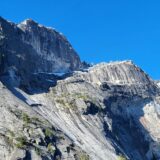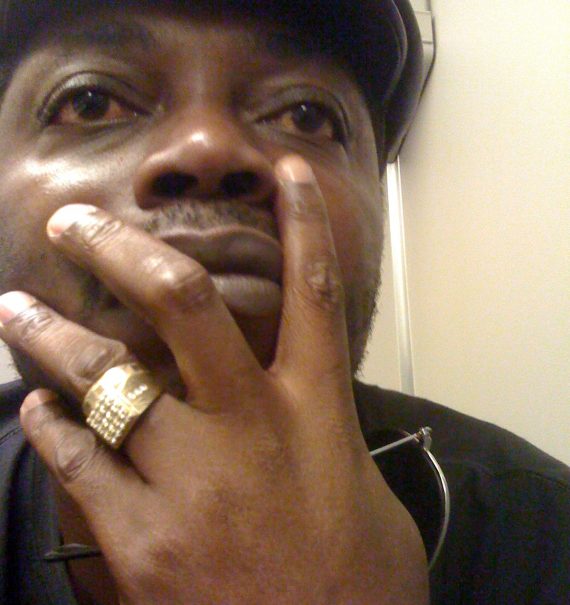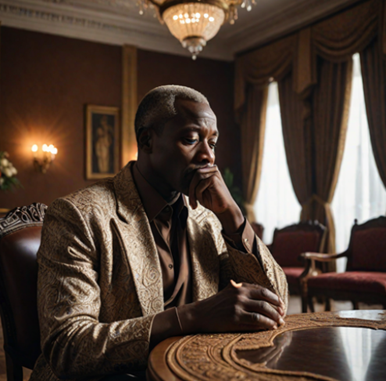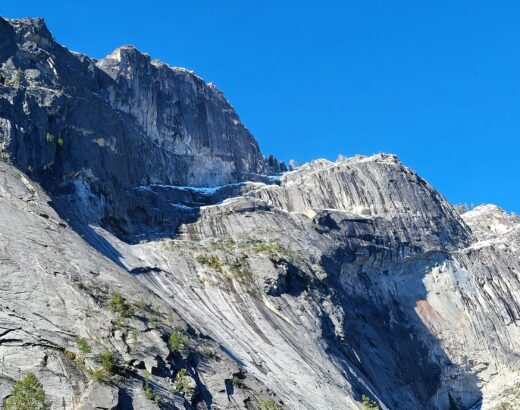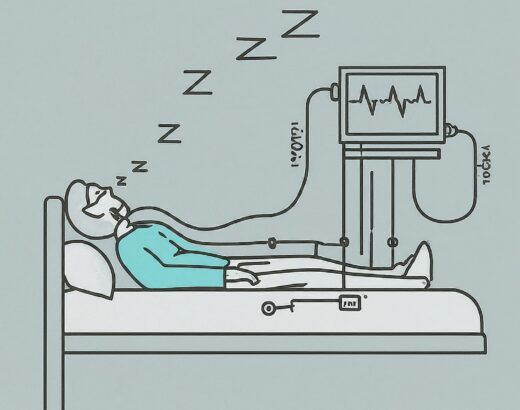Not Pretty but good enough

Olubi Memorial
I enrolled at Olubi Memorial Primary School, which was the third school I attended within a span of three years. Olubi was located in the “Agbo Ile,” just across the road from where we lived. Unlike schools like Corona or Omolewa, Olubi lacked the additional amenities to support education. It consisted of a few classrooms arranged in an L shape and a grass-barren playground. We didn’t miss what we hadn’t seen or No one misses what they have never seen or conceived as existing, it was such that the absence of green grass fields, swings, swimming pool, assembly hall and similar facilities didn’t matter to us. Olubi was good enough for us. What we had, we were satisfied with. Olubi was good enough for us.
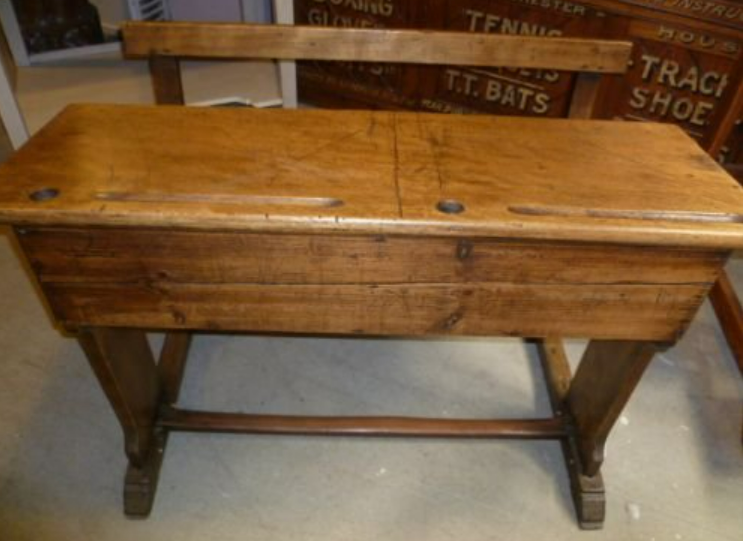
I had to learn Yoruba just like I had learned Hausa, as English was unfamiliar to many of my Agbo-Ile friends. We all had the same furniture – wooden desks and chairs, with round holes where we placed our ink pots. It was here, in Olubi, that I was introduced to writing. We had our “Apex” writing notebooks, where we learned to write capital I’s differently from small i’s, using the wide horizontally ruled lines in black and red to indicate where to start the capital and small letters. Our school was quite local, but we learned some useful things – like how to hold ink pens and write in cursive. Even though it was a local school, it was much better than what we had in Daura. Here, we used ink pens instead of slates, and we were taught in classrooms while sitting on wooden chairs, not on bare floors in the open as sometimes happened in Daura.
Learning to write with ink also meant that, on some days, we would go home with ink-soiled uniforms. Instead of using Quink Ink, we would use ‘Aro kaun’, which was a bluish, stony substance that dissolved and yielded an intense blue color when dropped in water. It served the same purpose without the need to spend money.
To announce break time, a student would go around ringing the brass bell, which we eagerly anticipated. Our excitement was not about the bell itself, but what followed: the arrival of ‘Iya Olounje’. Dressed in deep blue gowns with green aprons, she moved from one classroom to another, placing her food tray next to the blackboard. As she opened the food basin, a delightful aroma filled the classroom, making us salivate. She picked up our food containers that we had placed in front of the class and filled them with the day’s food.
Once the plates were served, the food lady left the classroom and the teacher invited us, row by row, to come to the front and pick up our meals. Lunch could be any of Asaro Alata, Ẹwà riro, Asaro, or Dodo ati Iresi. These meals came with the smallest piece of meat or fried fish one could imagine, but this was never a bother to us. The food was rushed so that we could still catch a few minutes of play before the end-of-break bell rang. We all headed to the open ground, some to play with the felele ball, others to play boju-boju, and the ladies usually engaged in tente.
At Olubi, all the students had one thing in common – poverty. However, our poverty did not pertain to basic needs such as food, shelter, or clothing; those necessities were taken care of to some extent. No one came to classes bare-footed though the majority wore slippers . The slippers did not deter us from playing the ‘felele’ balls during break time. Whether we had shoes or not, we played on the sun-scorched, hardened brown clayey soil where nothing grew. We faced danger head-on and challenged it. Broken bones, scraped toes, and bruised hands and feet were all too common, but we played with an eagerness to have as much fun as possible before the bellboy made his second round with the gong.
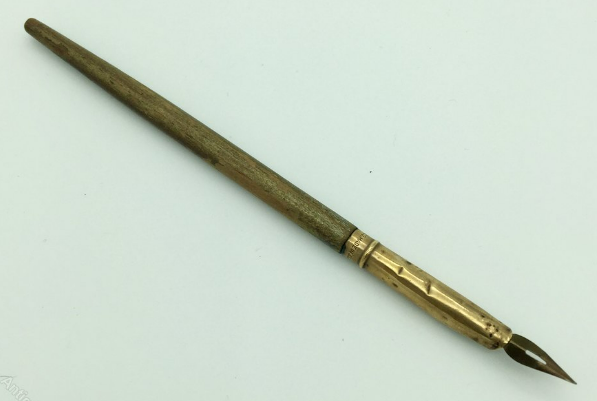
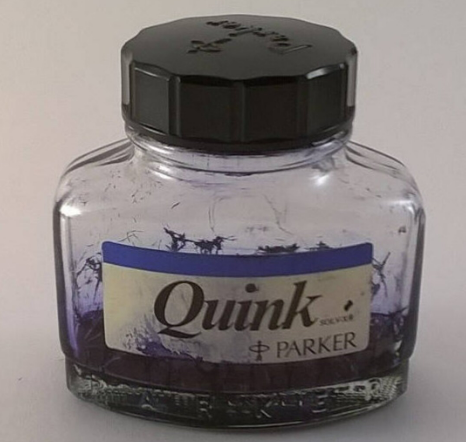
Olubi was not where it all started, and thankfully, not where it ended. St. Andrews Demonstration School in the pacesetter city deserves the honor of introducing me to formal education. Pacesetter, as they say, “ajise bi oyo l’anri, Oyo ki ise bi baba enikokan” (translation: Oyo is the place of valor, Oyo does not act like an ordinary father). St. Andrews was unique because it was established for students at the Teacher Training College to demonstrate their learning in real classroom settings. As students, we served as their guinea pigs, allowing them to refine their skills before they took on permanent roles in different parts of the country. My father was one of the tutors at the Teachers’ College, and we lived in a rented apartment near the school grounds. The compound had a tranquil atmosphere, with a pond inhabited by a family of white swans, surrounded by lush green, well-manicured grasses.
One day, I was mocked by my classmates and ran home, crying, to complain to my strict African mother. With tears streaming down my face, I arrived home out of breath and told her about the mocking and abuse I endured. I expected empathy, but instead, she grabbed a slender piece of cane and whipped me, sending me back to the classroom. Instantly, my fear shifted from my classmates to a tremendous fear of her. Her words, which still echo in my ears to this day, were, “If they abuse your mother, you go and abuse their mothers too.” That lesson has stayed with me ever since.
Daura
Leaving the well-kept grounds of St. Andrews and my mother’s “Wine & Beer, On and Off Licence” shop was a pivotal moment in my development. It was this significant event that sparked my appreciation for Nigeria as a distinct geographical entity. A lorry arrived at our house, and throughout the evening, we packed our few belongings into it for the journey to Daura. The journey was long, taking us through dark and cold nights and most of the following day before finally arriving at the ancient city, the seat of the emirate.
My sibling and I were enrolled at Daura School 2. During our time in Daura, we had the opportunity to witness the Durbar, one of the greatest spectacles on earth. In front of the Emir’s Palace, there was an open area where colorfully decorated horses, along with their turbaned riders in flowing white garments, would appear in procession and then showcase their war power with short bursts of speed. It was an event that no one wanted to miss, with shops and schools closing on these days dedicated to honoring the Emir.
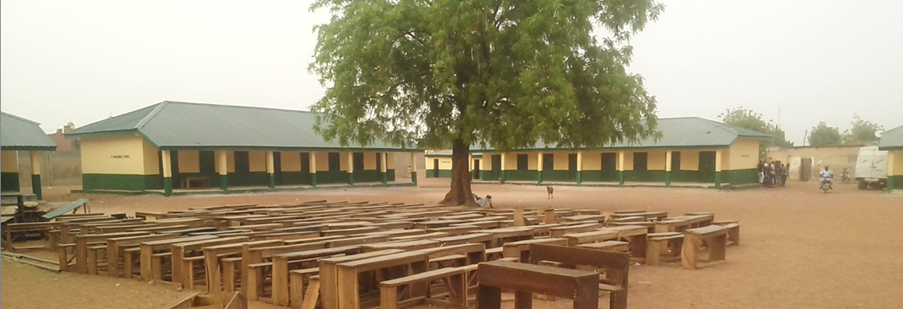
There was no place like Daura. The residents lived peacefully with each other and knew one another. Every evening, the streets came alive. The sounds of numerous transistor radios filled the air as indigenes listened to news from around the world. Kerosene lanterns were lit, and stalls like the ‘mai tea’ and ‘mai suya’ became active. The suya, thinly sliced cow meat on sticks arranged around a charcoal or wood-fed fire burning in the middle of a circular clay mound, emitted a sweet aroma that wafted through the air.
Daura had no electricity or potable water. We relied on water supplied by the ‘mai-ruwa’, who went from street to street with his cart pulled by a donkey, selling twenty-liter cans of water. Any water we couldn’t get from him, we drew from the deep wells.
In Daura, we learned enough Hausa words to get by. Of course, we quickly picked up the abusive ones like “waka,” “shege,” and “banza.” We also learned about the legend of Bayajidda, the Hausa Bakwai and Banza Bakwai states. We went on field trips to the Kusugu well, where the Sarki was slaughtered and visited the bustling Kasuwa, passing through the historic city gates of Daura. With the arrival of the Red Lada, we crossed the border into Niger Republic several times to buy fresh milk and yoghurt from farms there. We enjoyed the best Fura dé nunu, and our cheese and cow milk were fresh and delicious.
During the harmattan season in Daura, nobody was brave enough “toto gbangba sun l’oye”. Anyone who dared to expose themselves to the cold was surely on the verge of falling ill. Cracked lips and runny noses were common. We relied on Robb or Mentholatum ointments to alleviate the discomfort. It was rubbed on our chest, stuffed into our nostrils, and applied to our lips to keep the cold at bay. When it was hot, the land became scorching. Being in the savannah, the city had very few trees, providing little shade from the intense rays of the sun. Sometimes, streams of hot air rose from the scorched ground, swirling upwards and forming destructive tornadoes.
To be continued…….

